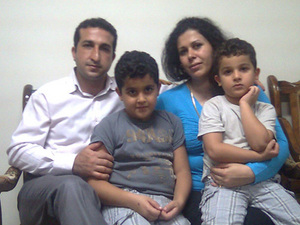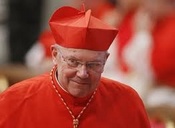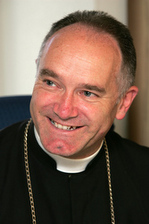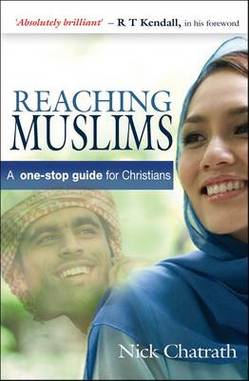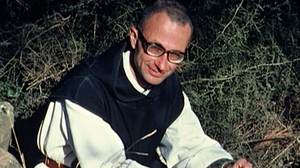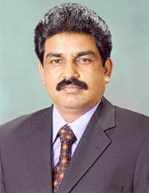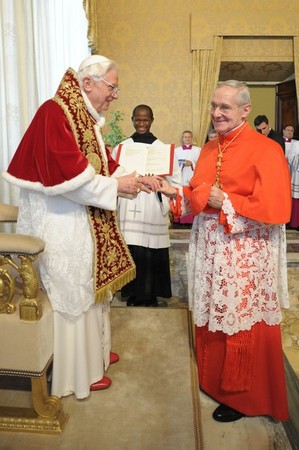Every 5 years a bishop is to make a visit to the Eternal City first to pray at the tombs of Saints Peter and Paul and secondly to make a report to the Pope (and his curia). The church-term for such a meeting is called the “ad limina” — to the threshold of the apostles, the Church, the heartbeat of our faith. It is not a meeting of checking-in with the CEO, CFO and the COO of the company. For a bishop is not a branch manager. This is a gesture of communion between two people who are in love with Christ and His sacrament, the Church; it is a meeting of one pastor meeting the Supreme Pastor, Christ, through the ministry of the See of Peter. It is a time to verify the good being done and to get feedback about what more needs to be done for the good of the faithful. With Benedict’s age I think the 5-year meeting is now about every 7 years.
In recent weeks, Benedict has been meeting with Indonesian bishops. Part of his concluding address to the latest group has an encouragement to advocate inter-religious dialogue. As you can tell, Pope Benedict XVI is a pope of dialogue. The relevant paragraph follows:
Continue reading Pope encourages sustained inter-religious dialogue
